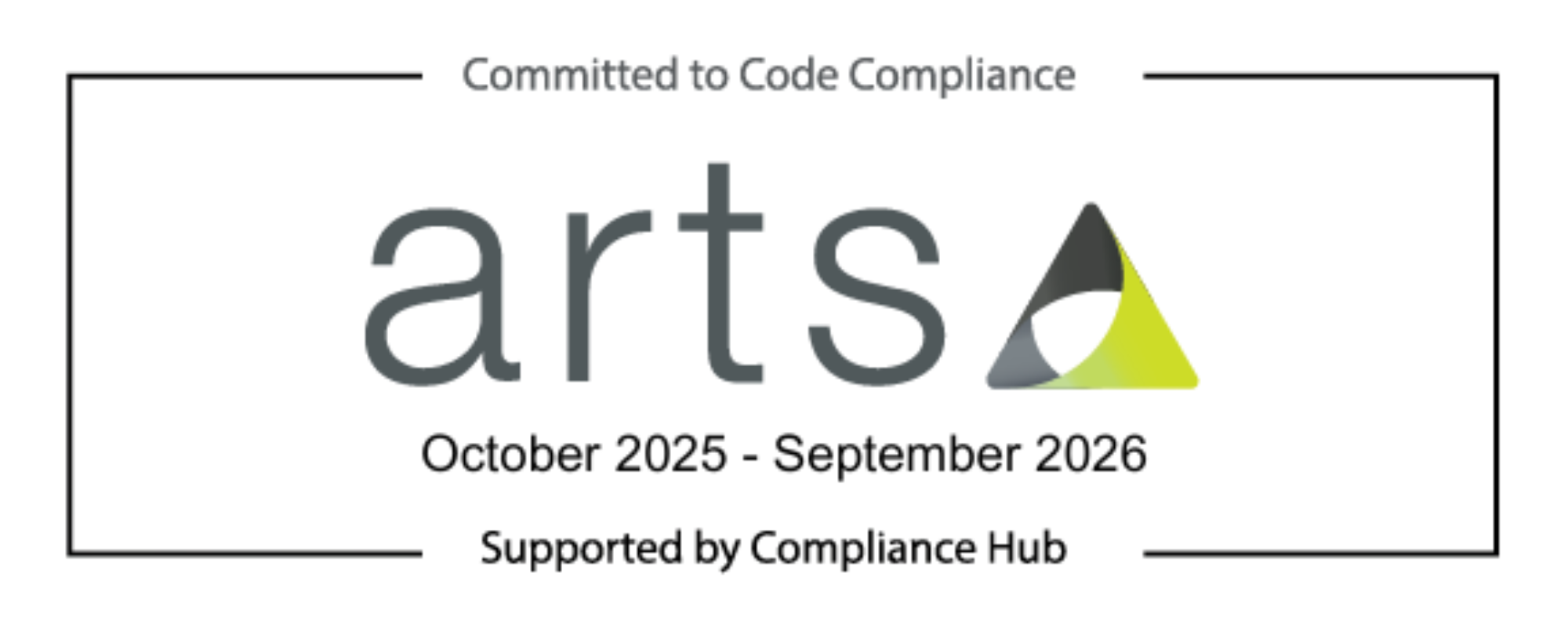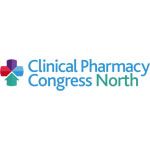Clinical Pharmacy Congress North 2025 advisory board insights
As pharmacy professionals across the North of England navigate shifting NHS priorities and increasingly complex care models, the Clinical Pharmacy Congress North (CPC North) 2025 aims to provide a strategic platform for senior clinical pharmacy leaders to engage, influence and innovate.
Our recent advisory board meeting convened thought leaders from across different regions to explore ideas to inform the programme for this year. CPC North is focused on delivering an event that is built by and for a regional audience, with a tailored programme that reflects specific challenges faced in the North of England and the devolved nations. These include health inequalities, service variation and population health priorities.
The programme for CPC North 2025 will be mapped thematically according to the four pillars of advanced practice - clinical, leadership, education, and research - to provide a cohesive framework for the programme. This framework can be used as a lens to understand how pharmacy practice will align to the NHS 10-year health plan and its three shifts.
Theme 1: clinical practice
The advisory board emphasised making clinical content more accessible with practical, replicable applications for all levels of seniority. Clinical sessions, delivered by specialists for a generalist audience, will maintain a strong practical focus.
Advisory board members shared pressing regional and clinical concerns, such as discussions around opioid stewardship, problematic polypharmacy and valproate use, all of which are priorities for the Northwest region, which has notably poor rankings. As a result, exploring strategic population health approaches and addressing health inequalities in the programme will provide an opportunity to examine how pharmacy teams can lead system-wide responses, drive safer prescribing and improve patient outcomes.
As well as the traditionally popular clinical focus areas of interest such as the updates to the respiratory guidelines, cardiovascular risk management pathways, adapting to the new Community Pharmacy Contractual Framework, it is no surprise that the rollout of tirzepatide for weight management in primary care was highlighted in the meeting. The board raised critical questions about system readiness, service design, and implications for newly qualified practitioners, all against a backdrop of growing financial constraints. Similarly, they were interested in how to build confidence for primary care professionals conducting structured medication reviews.
The board identified key focus areas including antimicrobial stewardship built on system-wide integration across primary and secondary care settings, analgesic and antidepressant deprescribing linked to pain management, and prevention-focused initiatives such as lipids management to incorporate both primary and secondary care perspectives.
The board suggested that mental health practical skills sessions will be of value in offering training on conducting mental health examinations and navigating difficult conversations around suicide, safeguarding, and financial concerns.
Theme 2: leadership
With the recent RPS/Pharmacist Support workforce wellbeing survey revealing an epidemic of stress and burnout amongst UK pharmacy professionals, wellbeing emerges as a critical theme. This is especially pertinent given the reorganisation of the NHS and ongoing pandemic recovery. Sessions around this topic will address the personal impact of system change and uncertainty, providing strategies for resilience.
Leadership topics will unpack how policy contexts shape effective and strategic leadership, incorporating career development insights from consultant and chief pharmacists and inclusive leadership practices. For example, a session around women in leadership could feature regional chief pharmacists presenting alongside emerging leaders to create mentorship opportunities while showcasing diverse female leadership.
CPC North is well-positioned to challenge stigmas and champion inclusive pharmacy practice, creating space for these critical conversations with this theme.
Theme 3: education
A priority emerging from the discussions was the next steps and preparedness around the integration of prescribing capabilities into pre-registration training. With the anticipated increase in the prescribing workforce from September 2026, questions arise about necessary planning and the distinctive value pharmacists deliver in this expanded role, as well as how to negotiate this with existing and non-prescribing workforce. This evolution demands strong clinical decision-making to support and manage the cohort of newly qualified pharmacists with prescribing responsibilities.
CPC North will also include more Pharmacy Technician-specific content to showcase advanced practice pathways and emerging opportunities, as well as recognise their essential role in service delivery.
Fewer than 4% of registered pharmacists and Pharmacy Technicians have completed available free training around cultural competencies, so delivering a session around cultural competence in consultations presents a significant opportunity to develop key clinical leadership skills and support professional development and learning.
Theme 4: research
The advisory board were interested in how CPC North can help facilitate and support portfolio building as part of the credentialing process and becoming a consultant pharmacist. With involvement from CPPE and RPS, sessions will centre around practical support and time will be built into the agenda for dedicated networking opportunities for advanced practitioners and aspiring consultants looking for peer support.
Following this recommendation from the advisory board, research skills development will feature prominently across the programme, highlighting practice-based research opportunities, NIHR funding pathways, and integration of research into service innovation. Early opening and better signposting of the call for papers will engage research-focused participants and cater to the interests of this group.
Beyond these four themes, some other topic highlights included understanding the use of artificial intelligence and digital innovation in pharmacy. The advisory board are keen for sessions to include tangible examples of applications of AI with evidence-based results and appropriate safeguards. The expanding role of A&E pharmacy professionals was mentioned, alongside advances in pharmacogenomics and precision medicine, as well as practical sustainability content.
Thank you to our advisory board for their contributions. The discussions provide a strong foundation for our 2025 programme, positioning CPC North as a catalyst for clinical innovation, professional development, collaboration, and ultimately enhanced patient care.
If you are interested in sharing your feedback or ideas for the programme this year, please do get in touch with me.


 North
North

